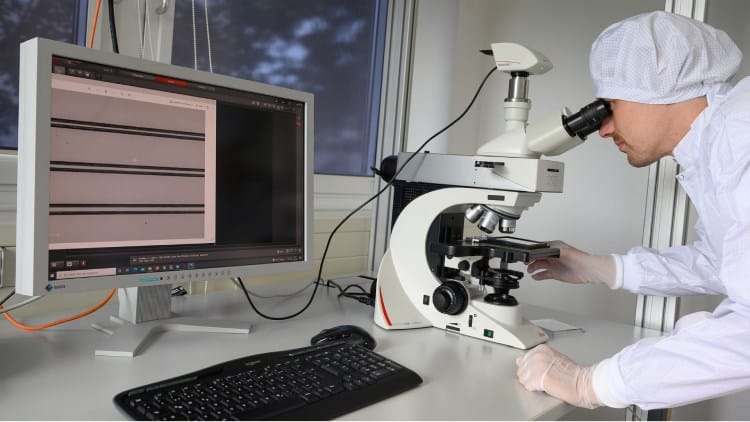Gut bacteria may reduce the harmful effects of nicotine on the liver
Sun 23 Oct 2022
Bejing: A study conducted by Chinese and U.S. scientists has identified a type of bacteria in our gut that can effectively degrade nicotine, a harmful ingredient in tobacco that causes addiction and a slew of health risks, including fatty liver disease, Chinese news agency, Xinhua.
A colony of gut bacteria was found to have reduced intestinal nicotine concentrations in nicotine-exposed mice, according to the latest study published in the journal Nature.
Researchers from Peking University, Zhejiang University, Fudan University, the First Affiliated Hospital of Wenzhou Medical University and the U.S. National Institutes of Health found that Bacteroides xylanisolvens can degrade the nicotines accumulated in a smoker’s gut. Scientist gut bacteria smoking Scientist gut bacteria smoking
Nicotine is known to activate a kind of intestinal molecule called AMPKα and these molecules contribute to the progression of non-alcoholic fatty liver disease (NAFLD), according to the study.
The study findings suggest a possible strategy to reduce tobacco smoking-exacerbated NAFLD progression, by employing bacteria that are naturally present in the human gut and that have been used safely in food production.
About Zhejiang University
Zhejiang University (ZJU) is one of China’s leading higher education institutions, as well as one of its oldest; its roots can be traced back to 1897 and the founding of the Qiushi Academy.
Located in Hangzhou – one of China’s most picturesque cities – the university is organised across seven faculties and 36 schools. It is home to 3,500 full-time academic members of staff and around 45,000 students undergraduates, of which around 60 per cent opt to pursue further studies. More facts and figures here.

 Apr 20 2024
Apr 20 2024













